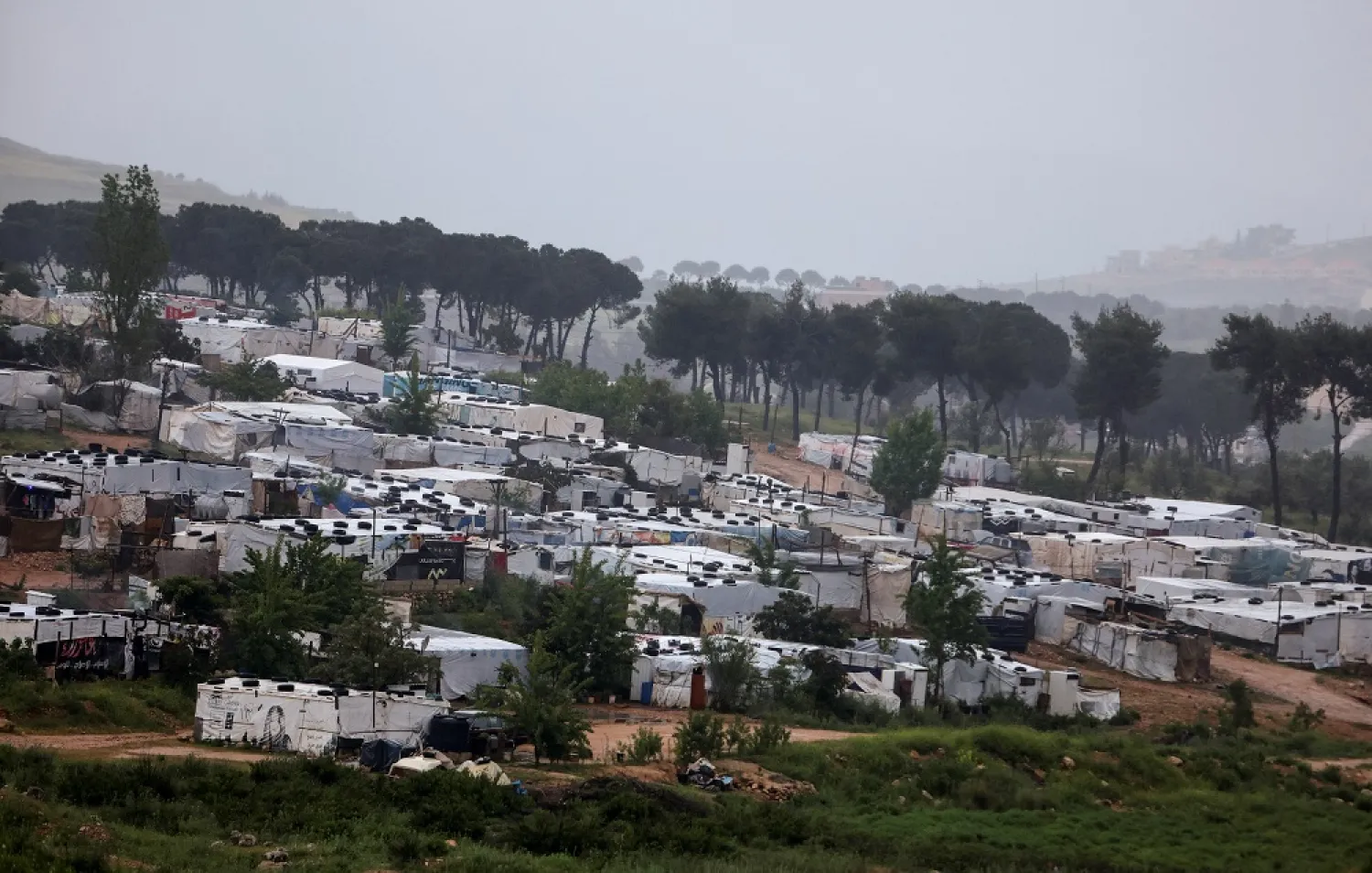The Lebanese Interior Ministry kicked off on Tuesday a “national survey” campaign to enumerate and register Syrian refugees in the country.
The survey is part of a series of new measures aimed at setting legal guidelines for the refugees’ stay in the country.
The move comes in wake of political pressure from Lebanese parties wanting to return the refugees back to their homes.
Interior Minister Bassam Mawlawi ordered governors and head of municipalities to kick off the survey and register the Syrians.
He ordered the officials against processing any official document for Syrians without first ensuring that they are registered legally in the country.
No property will be rented to Syrians without proof being presented that they are registered in the municipality and possess a residency permit.
The survey will also cover all businesses run by Syrian refugees to determine that they have legal permits to operate their businesses.
Mawalwi urged the United Nations High Commissioner for Refugees to inform Syrians that their refugee status does not constitute a residency permit in Lebanon. He called on it to provide the General Security Directorate with detailed information about the Syrians in the country.
The latest measures were announced amid a growing political and government campaign to return the Syrians back to their country.
The Lebanese Forces vowed to “enforce all legal measures to prevent the integration of Syrians” in Lebanon.
MP George Adwan said the refugee issue is a “national affair that concerns everyone.”
“We must draft all laws that prevent their integration and everyone must cooperate to that end,” he added in televised remarks.
Moreover, he urged Arab countries to set as a condition the return of refugees to their homeland even before Syria’s membership in the Arab League is reinstated.
The Free Patriotic Movement had years ago demanded the return of the refugees to Syria. Other political parties are now joining it, along with Christian church authorities that view their stay in Lebanon as burden on society in a country that is already suffering an unprecedented economic crisis.
Catholic church authorities in the Bekaa urged the Lebanese state to speed up the accurate and comprehensive survey of all non-Lebanese residents, specifically Syrians.
They must determine how the Syrians entered the country and why they are staying here. All non-Lebanese workers must legalize their presence in the country and abide by the laws and pay taxes they owe to the state.
They noted that now that calm has been restored nearly throughout Syria, refugees, who came to Lebanon for security purposes and who are residing in camps, must have their names registered ahead of their return to their homeland.
Moreover, the church authorities demanded the deportation of all non-Lebanese, regardless of their nationality, who do not have legal papers and who are residing in the country illegally.









